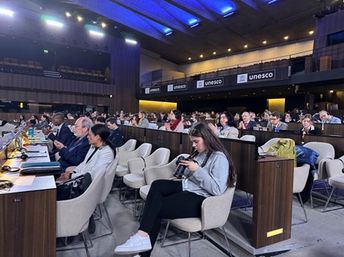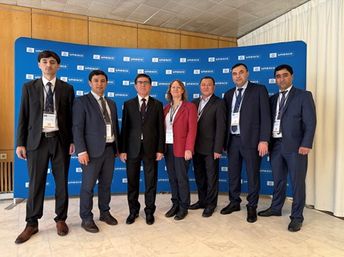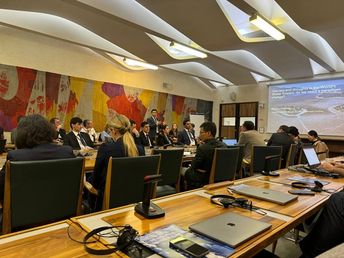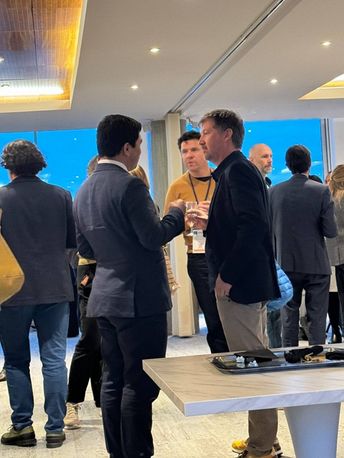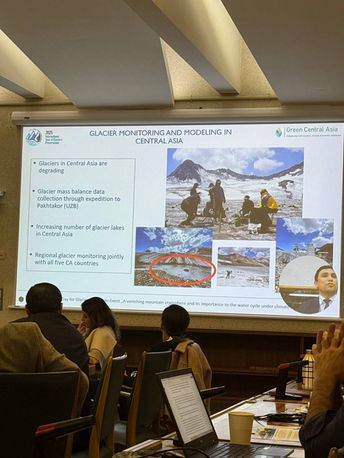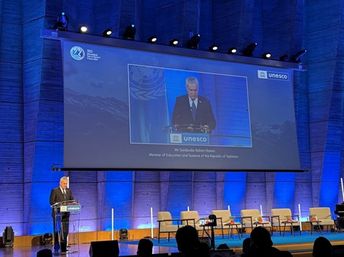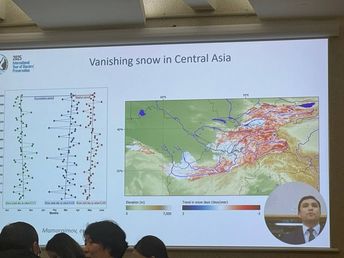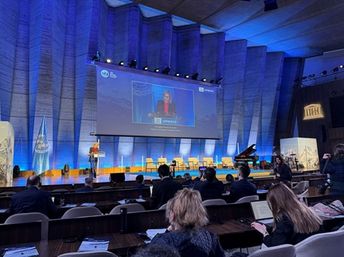As part of the United Nations’ International Year of Glacier Preservation 2025, the inaugural World Day for Glaciers was officially celebrated at UNESCO Headquarters in Paris on March 20–21, 2025. This global initiative calls for urgent and collective action to protect glaciers and to safeguard their vital role in sustaining ecosystems, water systems, and human life for future generations.
The event brought together world leaders, policymakers, scientists, civil society representatives, and advocacy groups to highlight the critical importance of glaciers within global water systems. Discussions centered on their influence on ecosystems, sea levels, and human societies, and aimed to catalyze unified efforts to preserve glaciers and secure water resources in the face of climate change.
Within this international framework, the Central Asian Working Group, led by Dr. Abror Gafurov from the Section Hydrology, hosted a dedicated side event titled “Vanishing Mountain Cryosphere and Its Importance to the Water Cycle under Climate Change.” Co-organized with esteemed institutions such as Newcastle University and the Institute of Science and Technology Austria (ISTA), the session focused on the mountain cryosphere in regions including the Andes, Alps, Himalayas, and Central Asia. The event attracted leading global experts who engaged in vibrant and insightful discussions.
The side event served as a valuable platform for networking, collaboration, and outreach for the GFZ German Research Centre for Geosciences. Participating institutions expressed strong interest in future cooperation on GFZ-led projects in Central Asia.
GFZ has been implementing water-related initiatives in Central Asia for 17 years, under frameworks such as the Berlin Process and the Green Central Asia programs, both supported by the German Federal Foreign Office. In addition, GFZ is actively involved in projects addressing water resource management, climate impacts on hydrology, and the monitoring of water-related natural hazards in the region—supported by donors including the Federal Ministry of Education and Research (BMBF) and the German Corporation for International Cooperation (GIZ).
